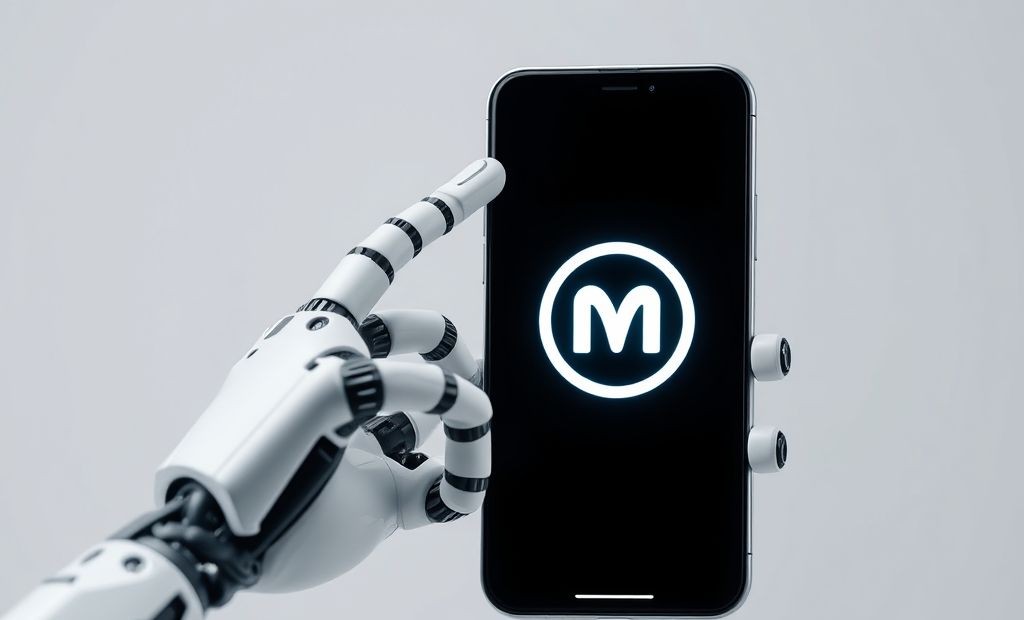Meta AI Privacy Access to Photos and Videos

Facebook’s Meta AI Requests Access to Unshared Photos Meta, the parent company of Facebook, is now seeking permission to utilize its AI on photos residing...
⏱️ Estimated reading time: 3 min
Latest News
Facebook’s Meta AI Requests Access to Unshared Photos
Meta, the parent company of Facebook, is now seeking permission to utilize its AI on photos residing in your camera roll, even those you haven’t yet shared on the platform. This request raises some eyebrows and prompts important questions about user privacy.
What Does This Mean for Your Privacy?
Meta still hasn’t explained how it plans to use users’ camera-roll photos. Consequently, privacy advocates are sounding alarms. They argue that users deserve a clear view into how sensitive visuals are processed—or else, speculation will fill the silence. And with no assurances, people naturally wonder if private content could be used for training AI models or even ads.
More importantly, Meta hasn’t clarified whether older, personal images will stay local—or be swept into cloud systems. Without clear answers, trust erodes. So until Meta explains its intent and safeguards, users remain in the dark.
User Concerns and Possible Applications
Several concerns immediately arise:
- Data Security: How secure is the process of transferring and storing these images? Could they be vulnerable to breaches?
- AI Training: Will the photos be used to train facial recognition or other AI systems?
- Targeted Advertising: Could the analysis of these photos influence the ads users see?
🌟 Useful vs. Risky: What Meta AI Could Do
Meta AI could help users in creative ways. For example:
- Enhance photos: It might suggest filters or edits based on your pictures.
- Personalized sharing: It could recommend making collages or highlight reels.
- Boost productivity: With tools like Code Llama, it could auto-generate code snippets from screenshots or design layoutsblockpartyapp.com
However, these benefits bring risks. Without clarity on photo use, people worry. They fear images could train AI, fuel ads, or leak. This uncertainty makes users uneasy.

🚩 What We Know (and Don’t)
Privacy experts flag an issue: no explicit promise that photos stay private. Meta updates allow using user images for AI training—often without clear consentdig.watchNotably, in the EU, users must opt-out manually to avoid having images used in model trainingblockpartyapp.com
✅ Why Meta Uses Photos (Claimed Benefits)
Meta argues its AI features—like “Imagine” and in-app photo editing—depend on analyzing user visualsmeta.com. It also introduced disclaimers: sharing image prompts may make them public, and you can opt out of Discovery feeds entirelydig.watch.
⚖️ The Takeaway
While Meta AI offers neat creative and productivity boosts, we must weigh them carefully. Before allowing full camera-roll access, Meta needs to spell out:
- Which photos it uses—and why
- How it stores or shares them
- Whether they feed into AI training
Until then, users deserve transparency. Features shouldn’t come at the cost of privacy. Instead, Meta should offer controls and clear disclosures—else benefits won’t outweigh the risks.
Related Posts
Bluesky Enhances Moderation for Transparency, Better Tracking
Bluesky Updates Moderation Policies for Enhanced Transparency Bluesky, the decentralized social network aiming to compete...
December 11, 2025

Google Maps: Gemini Tips, EV Charger Predictions & More!
Google Maps Gets Smarter: Gemini Tips & EV Updates Google Maps is enhancing user experience...
December 9, 2025

US, UK, Australia Sanction Russian Web Host
Crackdown on Russian ‘Bulletproof’ Web Host The United States, United Kingdom, and Australia have jointly...
December 6, 2025











Leave a Reply